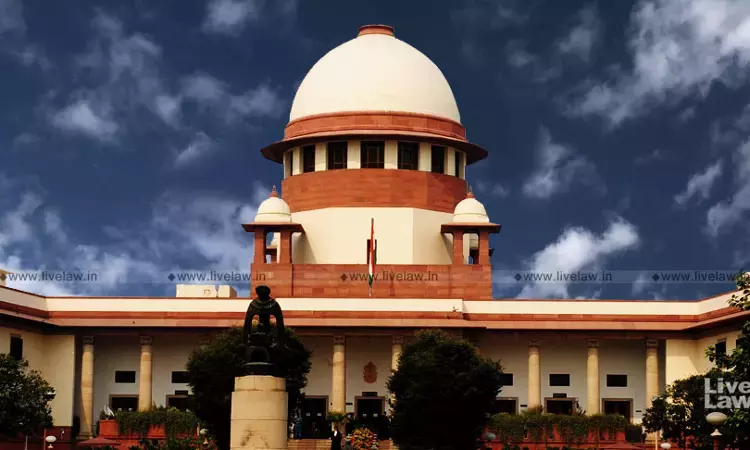
Delhi High Court Rules Empanelled Advocates Not Entitled to Maternity Benefits
Last Updated on April 23, 2024 by News Desk
Introduction:
In a recent ruling, the Delhi High Court addressed the question of whether advocates empanelled with a legal services authority can be considered ’employees’ entitled to maternity benefits under the Maternity Benefit Act, 1961. The case of Delhi State Legal Services Authority v. Annwesha Deb raised significant considerations regarding the nature of engagement and entitlements of empanelled legal aid counsel.
Issue:
The central issue before the court was whether an advocate empanelled with a legal services authority qualifies as an ’employee’ under the Maternity Benefit Act, thereby warranting maternity benefits.
Rule:
The court, comprising Justices V Kameswar Rao and Saurabh Banerjee, emphasized the distinction between an advocate engaged professionally and a regular employee appointed through recruitment rules. It noted that empanelled advocates operate on a day-to-day basis, without fixed terms, and are not entitled to benefits akin to regular employees. The court highlighted the absence of provisions within the Maternity Benefit Act suggesting eligibility for maternity benefits based solely on the nature of employment.
Analysis:
The Division Bench rejected the single-judge’s interpretation that the Maternity Benefit Act does not discriminate based on the nature of employment. It emphasized the professional engagement of empanelled advocates and the absence of fixed terms or entitlements akin to employees. The court reasoned that extending maternity benefits to empanelled advocates would impose undue obligations on entities engaging such professionals.
Conclusion:
In its conclusion, the court held that Annwesha Deb, an empanelled legal aid counsel, was not entitled to maternity benefits under the Maternity Benefit Act, 1961. It upheld the appeal filed by the Delhi State Legal Services Authority, setting aside the single-judge’s order mandating the provision of medical, monetary, and other benefits to Deb.
This ruling establishes a precedent affirming the distinction between advocates engaged professionally and employees entitled to statutory benefits, thus clarifying the scope of maternity benefits under Indian labor law.
Written by — Athi Venkatesh AVD



